Values-Driven Decision Making and
Position your Ideas in a Busy World

About the Presentation - Values-Driven Decision Making
Roy Disney said, “It is not difficult to make a decision when you know what your values are.”
Decision making is one of the most critical tasks for leaders. One of the instruments to make the right and conscious choices is the voice of our inner values. Our inner values serve as a north star to be self-aware of what we want in life and how our decisions will help us. In this interactive and embodied workshop, we would learn to connect deeply with our inner values and understand to leverage them for decision-making.
Key Takeaways
- Determine your core values: identify and resonate with your 3-5 core values.
- Make values-driven decisions: apply UC Davis’s 2-step values-based decision model to your situation using your values.
- Live your values: conduct a living & wishing to score your values and identify the areas you want to change.
About the Presentation - Position your Ideas in a Busy World
“Persuasion is often more effectual than force.” – Aesop
One of the core tasks of a leader is to persuade and influence others toward a shared goal. According to Daniel Pink, leaders spend around 40% of their time persuading and convincing others. Effective persuasion capability is directly linked with effective leadership. Since the birth of democracy in the 5th century BCE in Greece, persuasion has become critical to convincing people of the ideas we deem correct.
Aristotle, a Greek philosopher, with his modes of Ethos (ethics, character), Logos (logic, reason), and Pathos (emotions, empathy), has provided an approach for persuasive communication. In this presentation, we learn the ancient art of persuasion in the 21st-century context.
Key Takeaways
- Understand audience and objectives: identify your audience’s interests to connect more meaningfully. Clearly outline your objectives, and use them to shape your story.
- Craft a story using Modes of Persuasion: develop a basline of your story using Aristotle’s Modes of Persuasion, Ethos (ethics, character), Logos (logic, reason) and Pathos (emotions, empathy).
- Select the medium and present: choose the proper medium for your presentation, i.e., verbal, non-verbal, or visual, and present in a case-study based environment.
About Deepak Bansal
Deepak aims to bring humanistic elements to our working life. He stands at the intersection of business (MBA HSG Switzerland), technology (MTech India), and humanities (MA Philosophy California). With 15+ years in the corporate world, he has held executive positions (COO, Director) in consulting and multinationals. He grew up in strategic consulting roles (from Consultant to Associate Partner) and has also led Learning & Development for a Strategic Consulting practice.



